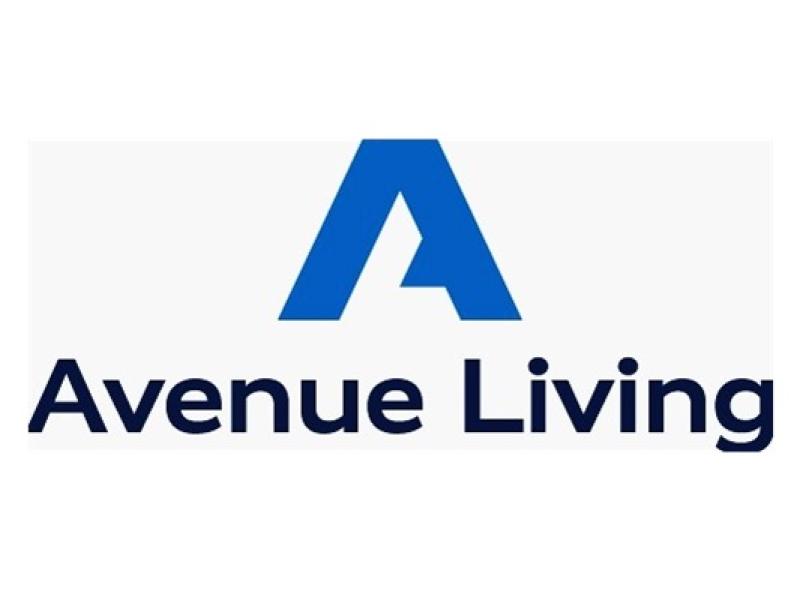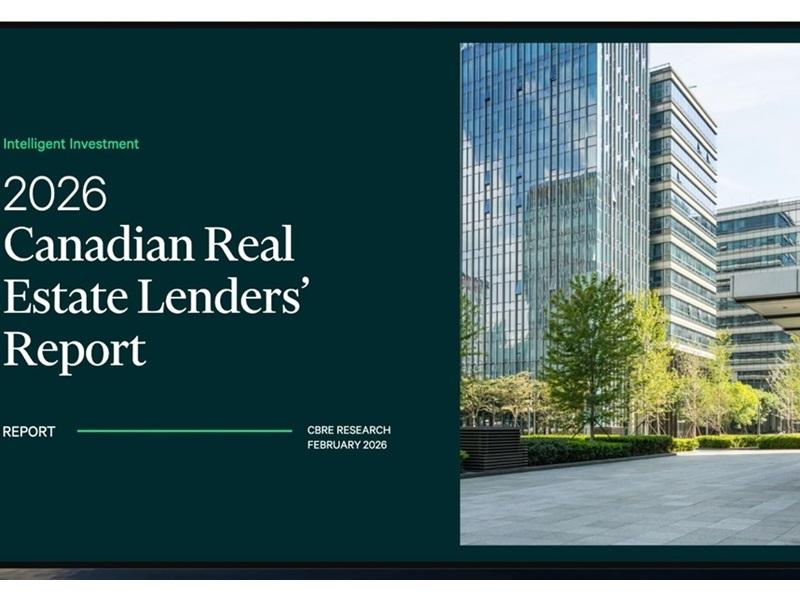
The Greater Montreal industrial real estate sector is facing rapidly declining vacancy rates and increasing rental rates for tenants. (Google Street View)
The time has come to build spec industrial buildings in Montreal now that the city’s industrial market is facing record-high rents and record-low vacancy rates, speakers advised at the Montreal Real Estate Strategy and Leasing Conference.
“Unfortunately, we haven’t seen it yet,” said Jean-Marc Dubé, senior vice-president at Colliers International, who was speaking at the Oct. 2 event during a panel focused on the city’s industrial market.
In the third quarter of 2019, the industrial vacancy rate in Greater Montreal was two per cent, while the availability rate was 3.3 per cent. Industrial rents now average $6.46 per square foot.
“We’ve never seen this,” Dubé said. “We’ve been close to a $5 market for probably the last 25 years.”
Leasing rates up 15 per cent in past year
Dominique Saucier, director of leasing at BentallGreenOak (Canada), said Montreal’s industrial market has seen a 15 per cent increase in rents during the past 12 months.
Rental rates in Montreal’s industrial market are outpacing the growth in demand because of the lack of available space, Dubé said. However, once spec building starts, rents should stabilize.
“Right now it is completely the Wild West. It’s good chaos, but it’s chaos.”
Dubé said St. Laurent and the South Shore have seen the most dramatic decreases in availability rates, with 47 and 43 per cent declines year-over-year. However, every sub-market in Greater Montreal has seen declines.
Almost every transaction is breaking records. “I keep hearing ‘We just did a deal at $8.50 (per square foot). We just did a deal at $8.25.’ ”
The industrial sector has become a landlords’ market and “it’s about time. We’ve been living in a flat market for decades.”
Some spec building on horizon
E-commerce deals are mainly responsible for driving up rents, he said. The growth in rental rates is likely unsustainable over the long term, though, and the market will get healthier as more spec buildings are built.

Broccolini, Triovest and Hydro-Quebec plan to build about 250,000 square feet of industrial capacity at 3500 F.- X.- Tessier St. in Vaudreuil, in Greater Montreal. Hwy. 40 is at lower right in the image. (Courtesy Triovest)
Among the new spec buildings are on the way are two to be built by Broccolini, Triovest and Hydro-Quebec at 3500 F.- X.- Tessier St. in Vaudreuil with a total of 250,000 square feet, Dubé said. The buildings will break ground soon with delivery scheduled by the end of 2020.
In addition, Bentall GreenOak is looking to construct 150,000 square feet of industrial space in St. Laurent, he said.
Robert Giglio, vice-president of leasing and real estate services at Broccolini, said developers who want to build speculative buildings face several constraints. There is not a lot of land available on the island of Montreal and many cities are putting restrictions on what can be built.
“They don’t want any transport, they don’t want any trucking, they don’t want any warehousing, which is counter-intuitive with e-commerce being driven by that type of business,” Giglio says. Cities “have got to wake up. The biotech and aerospace dreams that they have for their industrial parks are not going to happen.”
E-commerce key growth driver
As is the case elsewhere, much of Montreal’s industrial growth is being driven by e-commerce. Saucier cited a study that found the e-commerce market will require 850 million square feet of additional space in the U.S. in the next three or four years.
Assuming the Canadian market is 10 per cent of the size of the American market, Canada will need 85 million square feet to house e-commerce facilities in the coming years. As Montreal represents 16 per cent of the Canadian market, the city will need an additional 14 million square feet of industrial space, he said.
Given that Montreal currently has about nine million square feet of vacant industrial space, “we won’t be able to meet this demand,” Saucier said. “It’ll be a big challenge. That’s why the market is on fire today.”
Much of Montreal’s existing industrial inventory has low ceiling heights, Dubé noted. He was recently driving along Côte de Liesse Road with an institutional landlord from Toronto who commented “I can’t believe all these low-ceilinged buildings.”
Dubé looked at him and said “They’re all full.”
Montreal’s existing manufacturing sector
That’s explained by the fact Montreal is still a manufacturing city, said Richard Kaplin, architect and senior partner at GKC Architects, which is responsible for a number of recent distribution centres for e-commerce clients.
“Manufacturing doesn’t require 35-feet clear height. Those are the tenants that will continue to occupy the 16- and 18-foot-high buildings.”
Still, with more players from the exterior coming to Montreal, demand for height is increasing in importance, Dubé said.
With the need for last-mile delivery on the increase in the e-commerce market, suburbs on the island of Montreal like LaSalle and Lachine will see their industrial spaces become very sought after, Dubé predicted.
Still, he noted Montreal’s industrial market is quite concentrated in comparison to markets like the sprawling Greater Toronto Area, making it entirely accessible to last-mile delivery clients.
To get from Vaudreuil to downtown Montreal, it’s theoretically an easy 30- to 35-minute drive barring snowstorms, traffic and construction, he said.
RELATED ARTICLES:
* ‘Desperate times’: Laval industrial vacancy plummets
* PIRET buys Montreal industrial portfolio from HOOPP
* Montreal a worldwide data centre hotspot







